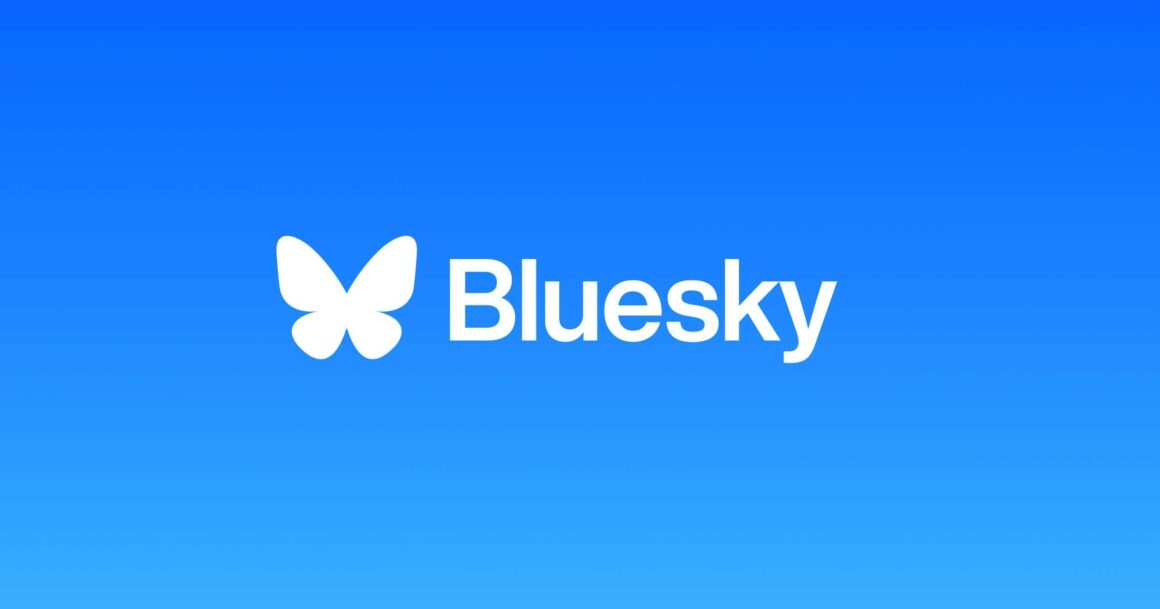How do laws designed to hold tech giants accountable end up squeezing the life out of small developers?
That’s the uncomfortable reality playing out in Mississippi and the U.K. Sweeping online safety laws are colliding with the fragile economics of indie tech. What looks like a win for child protection often translates into impossible compliance costs, privacy risks, and roadblocks for small companies trying to compete.
Bluesky’s Stand in Mississippi
This week, Bluesky, the decentralized social media startup spun out of Twitter, blocked its service in Mississippi. Not because it wanted to, but because it had no real choice.
Mississippi’s HB 1125 demands age checks for every user. No account, no login, no post without government-level age assurance and, for minors, parental consent. Fail to comply, and the fines pile up fast: up to $10,000 per user.
For a small team like Bluesky, building the infrastructure to verify and securely store sensitive data on millions of users is expensive and an existential threat. In a statement, the company criticized the law’s scope and the privacy concerns of forcing every user to hand over personal information just to use a social app. So instead of risking ruin, Bluesky pulled the plug in Mississippi.
The U.K.’s Different Answer of the Same Problem
Across the Atlantic, the U.K.’s Online Safety Act takes a narrower approach. Platforms are only required to verify age for certain high-risk content and features, not for all users. Still, the effect is strikingly similar for smaller companies.
Age checks mean collecting and storing data. Data storage means building security systems. Security systems mean audits, monitoring, and compliance paperwork. At every step, the cost curve favors Big Tech, since they make more than money to avoid the extra expenses of using age verification systems.
Innovation on the Chopping Block
When laws require massive infrastructure changes, only the biggest firms can absorb the costs. Google, Meta, TikTok, they can hire hundreds of engineers and spin up compliance divisions overnight. Indie teams are forced into a corner. Spend money they don’t have, sacrifice growth and innovation, or exit entire markets.
The result is a chilling effect on innovation. Instead of encouraging alternatives to Big Tech, laws like HB 1125 and the Online Safety Act risk entrenching it further. Small players and users lose, and the promise of a more diverse, competitive internet slips further away.
A Question of Balance
None of this is to say child safety doesn’t matter. It does but there needs to be some kind of balance. Should the cost of protecting minors online fall on the developers least equipped to carry it?
If regulation keeps favoring the giants, the internet becomes less open, less diverse, and less competitive. The indie developers experimenting with decentralized networks, privacy-first models, or niche communities are the ones that vanish first.
Bluesky’s Mississippi blackout isn’t just a local story. As governments around the world tighten online safety rules, the collateral damage could be the innovators trying to build better, safer alternatives to Big Tech.
The question isn’t whether we need guardrails online. It’s who pays the price for them. Right now, it’s not the Big Tech giants these laws were written for. It’s the small teams with the least power, the least money, and the most to lose.






